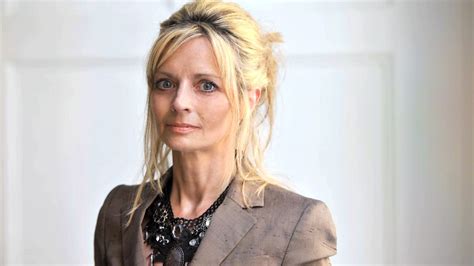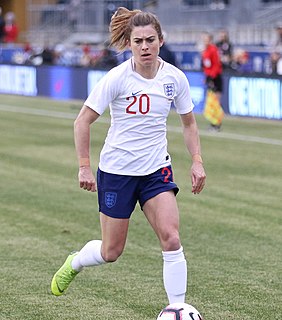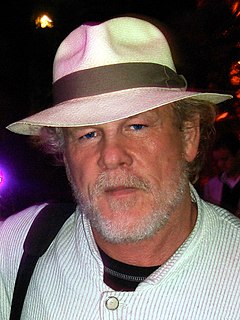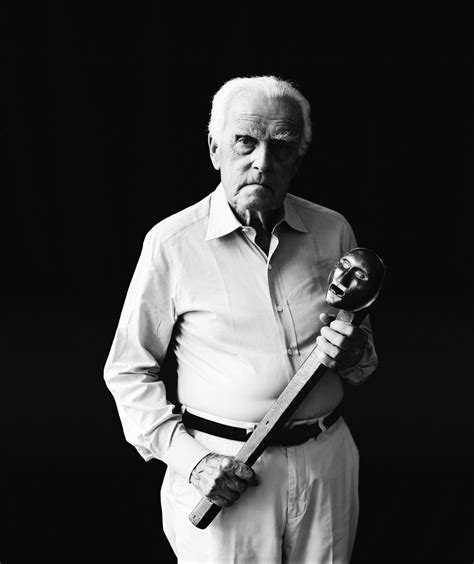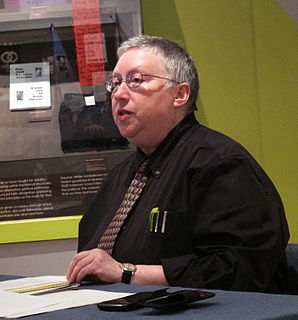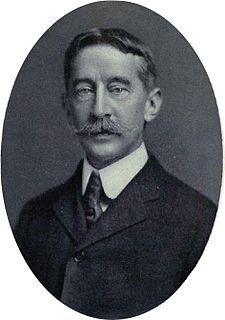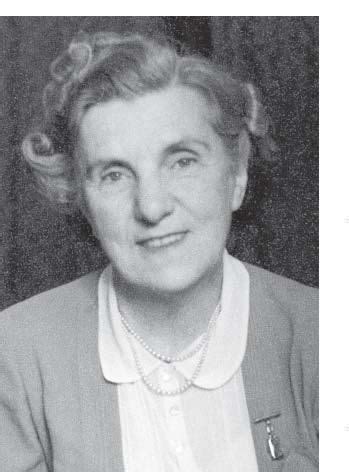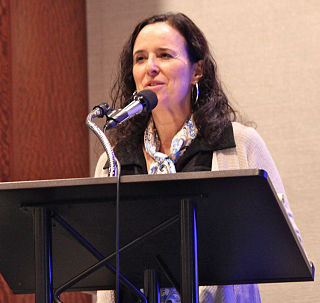A Quote by Kate Fox
Male and female gossip also sounds different, as women use more animated tones, more detail and more feedback.
Related Quotes
Surfers travelled and opened up and changed. It became more mainstream, less of a cult. And it diversified. On any given day in the water now I'll meet three generations of surfers, male and female, everyone sporting a different craft. I started surfing in the 60s and I can tell you it's infinitely more diverse. It might be more crowded but it's also more interesting.
As I looked more carefully at the listening matrix I saw that during the past twenty years we had taken a magnifying glass to the first of these four quadrants, the female experience of powerlessness. I saw I was subconsciously making a false assumption: The more deeply I understood women's experience of powerlessness, the more I assumed men had the power women did not have. In fact, what I was understanding was the female experience of male power.
There's still sexism in the world, so there's still sexism in publishing and in graduate school. But it is different. Now, it's more coded and harder to detect. It was more explicit when I was in school. There were no rules against male professors asking out female students. The reverse didn't happen since female professors were rare or nonexistent. Visiting writers came, 90% of them male, and some expected that a female student would materialize as his date for the visit.
I think men are more adventurous in that they're more likely to take chances. Women play it safe. But now, maybe more of the women that see how it's working for the guys think, 'I can do that, too'. Maybe they'll pick male players, not necessarily female players; it's just whatever that match is that works for that player.
the way in which a faith community shapes language about God implicity represents what it takes to be the highest good, the profoundest truth, the most appealing beauty. ... While officially it is rightly and consistently said that God is spirit and so beyond identification with either male or female sex, yet the daily language of preaching, worship, catechesis, and instruction conveys a different message: God is male, or at least more like a man than a woman, or at least more fittingly addressed as male than as female.
We need more female directors, we also need men to step up and identify with female characters and stories about women. We don't want to create a ghetto where women have to do movies about women. To assume stories about women need to be told by a woman isn't necessarily true, just as stories about men don't need a male director.
In the sex-war, thoughtlessness is a weapon of the male, vindictiveness of the female. Both are reciprocally generated, but a woman's desire for revenge outlasts all other emotion. Yet when every unkind word about women has been said, we have still to admit, with Byron, that they are nicer than men. They are more devoted, more unselfish and more emotionally sincere. When the long fuse of cruelty, deceit and revenge is set alight, it is male thoughtlessness which has fired it.
